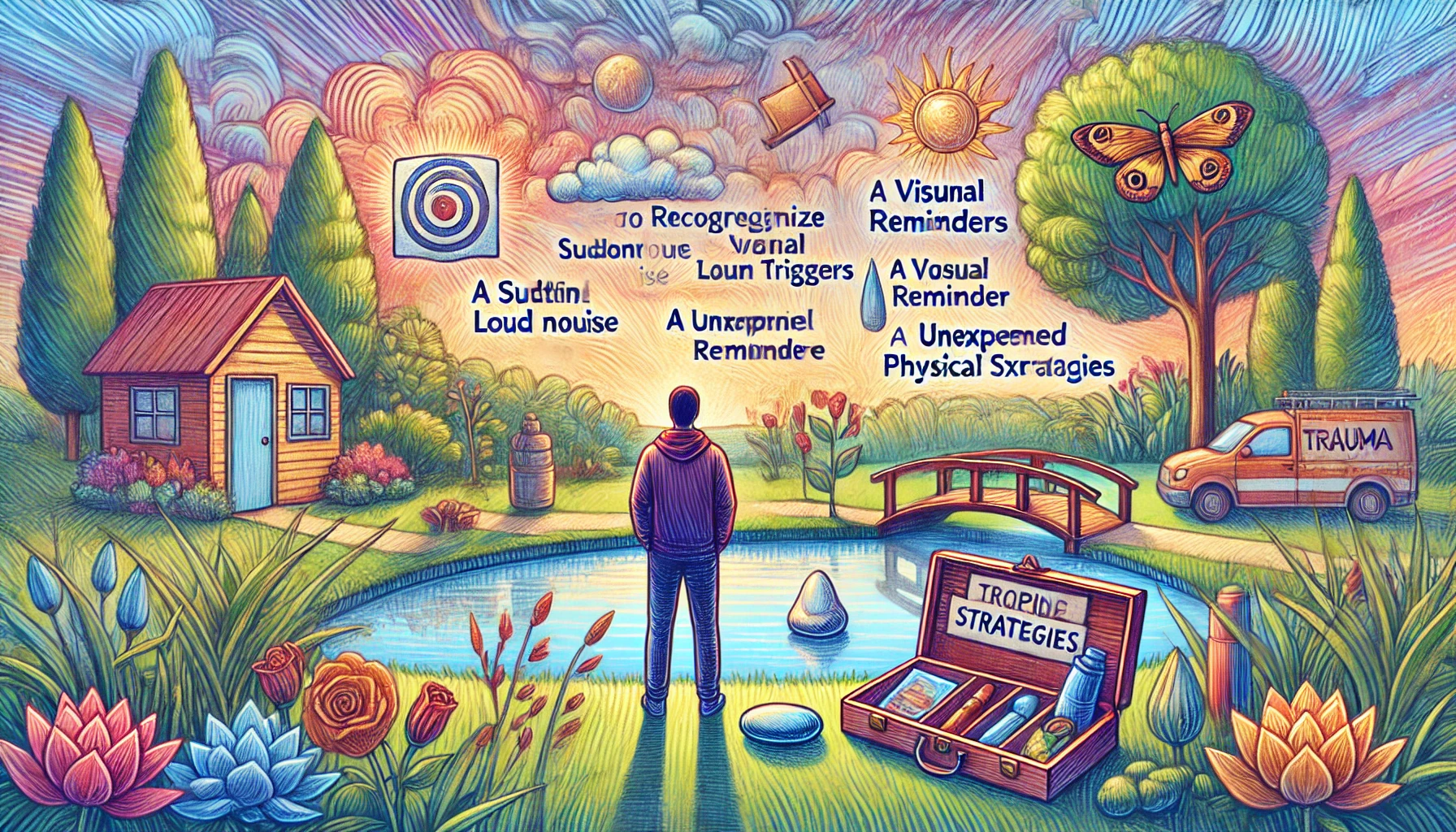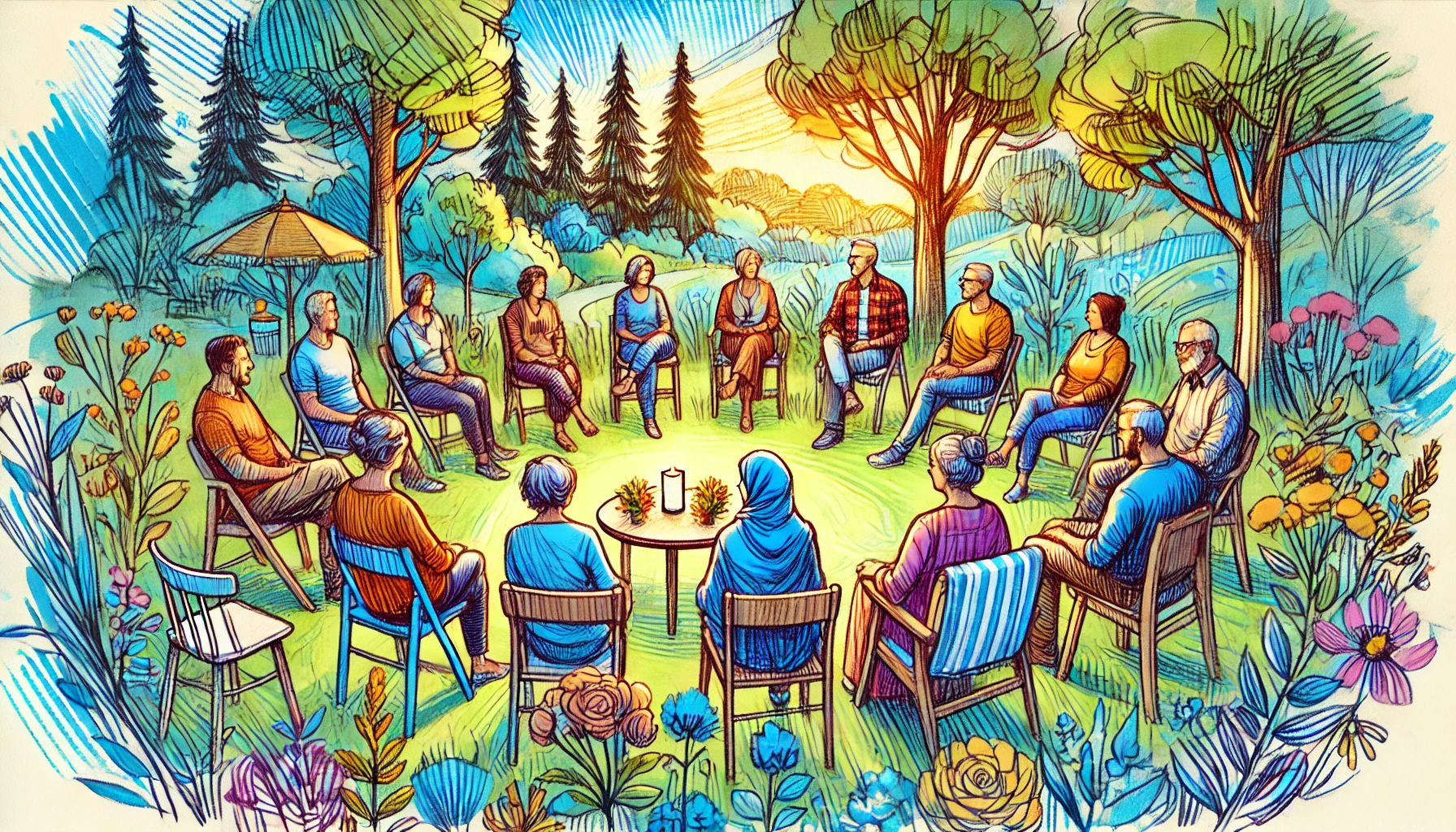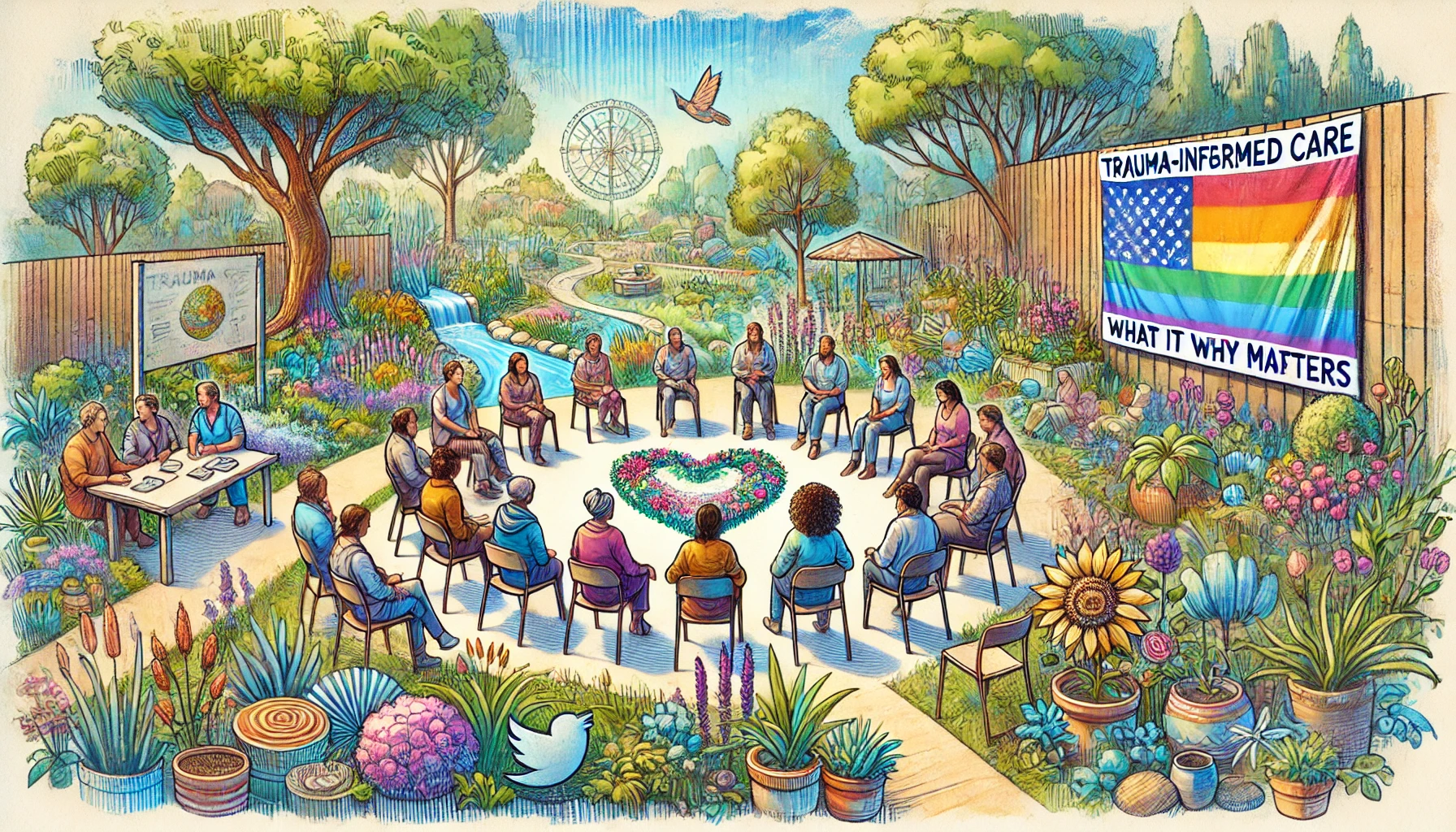Childhood trauma encompasses a range of experiences that can profoundly impact an individual’s psychological and emotional well-being. These experiences may include abuse, neglect, loss, or witnessing violence. As adults, survivors of childhood trauma often carry the effects into their adult lives, manifesting as anxiety, depression, difficulty in relationships, or other […]
How to Recognize and Respond to Trauma Triggers
Trauma triggers are stimuli that remind individuals of past traumatic experiences, causing emotional and physiological reactions. These triggers can be anything from specific sounds, sights, smells, or situations that unconsciously prompt distressing memories. Recognizing and responding to trauma triggers is crucial for trauma survivors, as it allows them to manage […]
The Importance of Self-Care in Trauma Recovery
Self-care is a vital component of trauma recovery, offering individuals the opportunity to nurture their physical, emotional, and mental well-being. Trauma can have a profound impact on a person’s life, leading to symptoms such as anxiety, depression, and post-traumatic stress disorder (PTSD). In the aftermath of trauma, self-care practices can […]
Using Art Therapy to Heal from Trauma
Art therapy is a therapeutic practice that uses creative expression to help individuals explore emotions, resolve conflicts, and promote healing. It is particularly effective for trauma survivors, offering a non-verbal way to process traumatic experiences and express feelings that may be difficult to articulate. Through various forms of art, such […]
How to Build Resilience After Trauma
Resilience is the ability to adapt and recover from adversity, including traumatic experiences. While trauma can have a profound impact on an individual’s mental, emotional, and physical well-being, building resilience can help mitigate these effects and support the healing process. Resilience is not an inherent trait but a set of […]
The Benefits of Support Groups for Trauma Survivors
Support groups can be an invaluable resource for individuals who have experienced trauma. These groups provide a safe and understanding environment where trauma survivors can share their experiences, receive emotional support, and connect with others facing similar challenges. Support groups come in various forms, including in-person meetings, online forums, and […]
Trauma-Informed Care: What It Is and Why It Matters
Trauma-informed care is an approach that recognizes and responds to the widespread impact of trauma. It emphasizes understanding, empathy, and safety, acknowledging that trauma can affect anyone and that many people seeking services may have experienced trauma. This approach is crucial in creating supportive environments that promote healing and recovery […]
How to Use Mindfulness to Cope with Trauma
Mindfulness is a powerful practice that involves paying attention to the present moment with a non-judgmental and accepting attitude. For individuals coping with trauma, mindfulness can be an effective tool for managing symptoms, reducing stress, and promoting overall well-being. Trauma can disrupt a person’s sense of safety and stability, often […]
The Impact of Trauma on Mental Health
Trauma is an emotional response to a deeply distressing or disturbing event that overwhelms an individual’s ability to cope, causing feelings of helplessness and diminishing their sense of self and ability to feel the full range of emotions and experiences. Trauma can result from various experiences, including accidents, natural disasters, […]
Coping with PTSD: Tips and Techniques
Post-Traumatic Stress Disorder (PTSD) is a mental health condition triggered by experiencing or witnessing a traumatic event. It can manifest in various symptoms, including flashbacks, nightmares, severe anxiety, and uncontrollable thoughts about the event. Coping with PTSD can be challenging, but with the right strategies and support, individuals can manage […]










